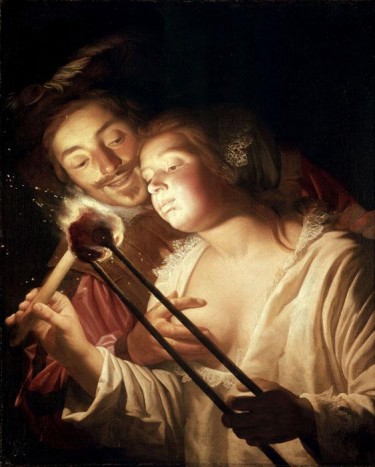“Messirs. Fleets,
If you think the annexed Piece worth publishing, I must desire you’ll insert it as sent you.
To the good People of this Province.
Soyez Sage.
I am extreamly grieved to see those who pretend to pride themselves in the love and prosperity of their country, and stile themselves patriots (at this critical juncture) endeavouring to poison the minds of the people of this province (with their inflammatory publications) who naturally incline to moderation and prudence: What can they mean or drive at? Can they be so blindly led away with political enthusiasm as not to perceive their inability to oppose the mother country? Can they imagine that the same kind of horrid bluster and parade too lately exhibited in this part of the world capable of intimidating a British Senate? or can they be presuming enough to imagine themselves equal to the task of opposing their strength to that of Great Britain? Surely no; these designing men must know better: Believe me, they are the only enemies we have in our country, who propagate such notions; and be assured that the only true friends we can justly boast of, are those cool, deliberate, sensible men that abhor and detest the ridiculous parade and poisonous performances of those people; if you are aggrieved; strive by all prudent means to obtain redress; these you most certainly have in your own power and that without risquing any thing, or requiring the ill-timed zeal of those Blow-Coals, who not only serve by their violent measures to sower the minds of the unwary and ignorant at this side the water; but by their atrocious arrogance and indelicacy to their mother-country daily hasten on those very burdens they themselves so grievously complain of: I will dare to say, that those very Blusterers that appear as if they at all times carried about them fire & faggot, to burn and destroy all those who presume to differ with them (in their enthusistical political notions) are the very people who upon an emergency would be the foremost to slip their necks out of the halter; and leave others by no means so culpable as themselves) to pay the score –
Do not mistake me, my countrymen, I do not want you to be slaves; I detest the name, and would go so far to drive it from off our coasts (and I am perswaded much farther) than those mighty Hosts (or rather Ghosts) of Patriots: But think well; is this same Liberty that you so greedily run after to be found by sheathing the sword in the bowels of your fellow subjects? is it by inflammatory ill-wrote and yet worse judged pieces, daily crowded into the papers; that you expect redress? Surely it cannot be: — Resolve then, my countrymen, to discourage all inflamatory publications; all indecency of expression, and above all discountenance those canker worms of the state; they must be men of desperate fortunes, who know they cannot be sufferers let the game play as it will, or they would never conduct themselves with so small a share of discretion.
A true Patriot.
Swanzey, Sept. 16. 1767”
Source: Boston Evening-Post, September 21, 1767. Issue 1669, Page 2
Commentary: This anonymous piece was apparently written by a Loyalist from Swanzey (aka modern Swansea), a small town in Southestern Massachusetts near the border with Rhode Island. The writer styles himself “A true Patriot, Swanzey,” an op-ed contributor to the Loyalist-leaning Boston Evening-Post. Rather than focus on the content of emerging concerns with the recently enacted Townshend Duties, he calls out the acrimonious tone of Whig protests and writing.
Will Joseph Warren, who had contributed letters to the editor of the Whig aligned Boston Gazette in the previous year as Paskalos and Philo Physic, leave this unanswered? Of course not. Tune in for the fireworks in upcoming entries.
The image is of a 17th century painting by van Honhorst A Girl Blowing Coal. It illustrates the thematic association of coal-blowing with mischief. Loyalists more frequently labelled Whig leaders like James Otis and Samuel Adams incendiaries and firebrands, implying that they were destructive demagogues inflaming an otherwise passive public.

 Follow
Follow